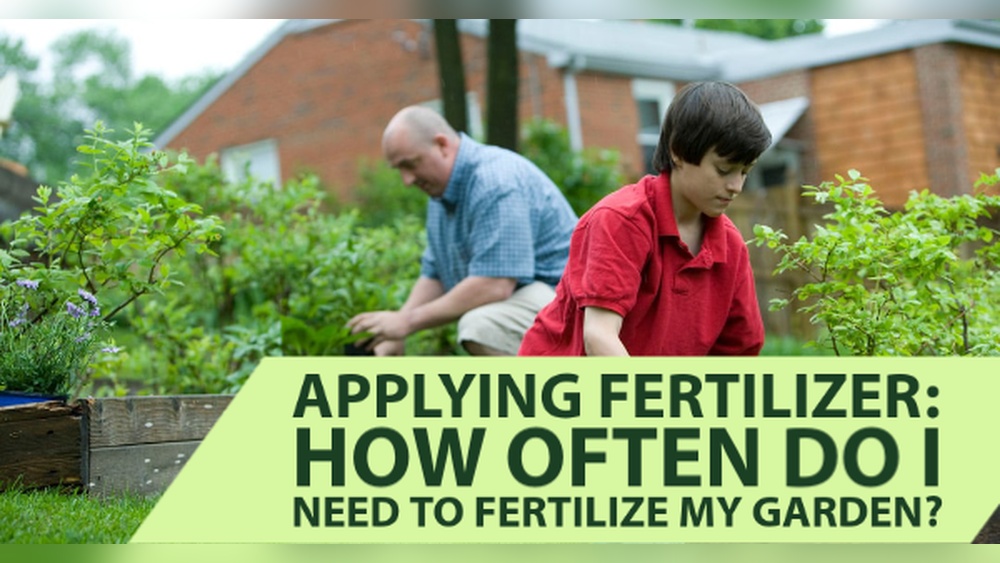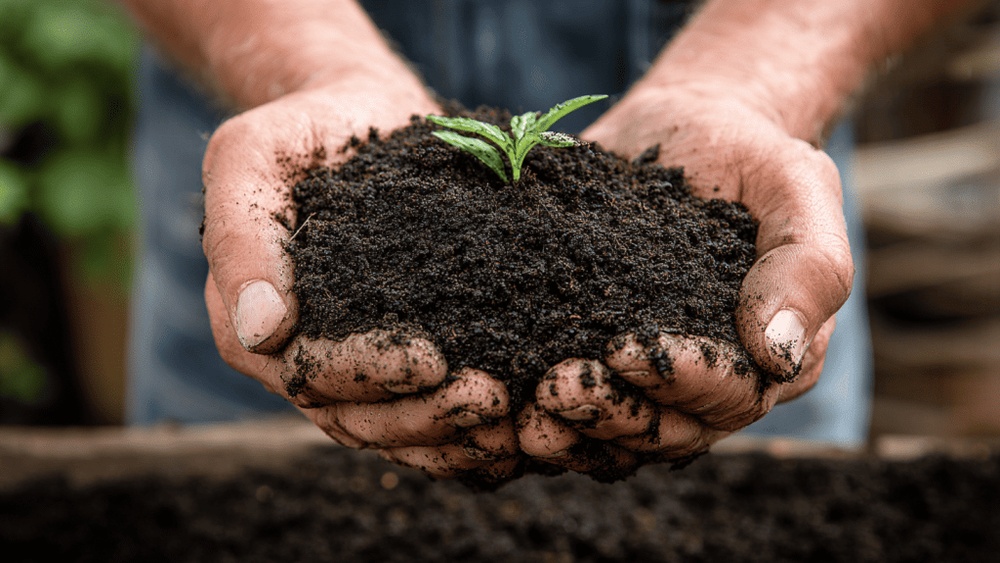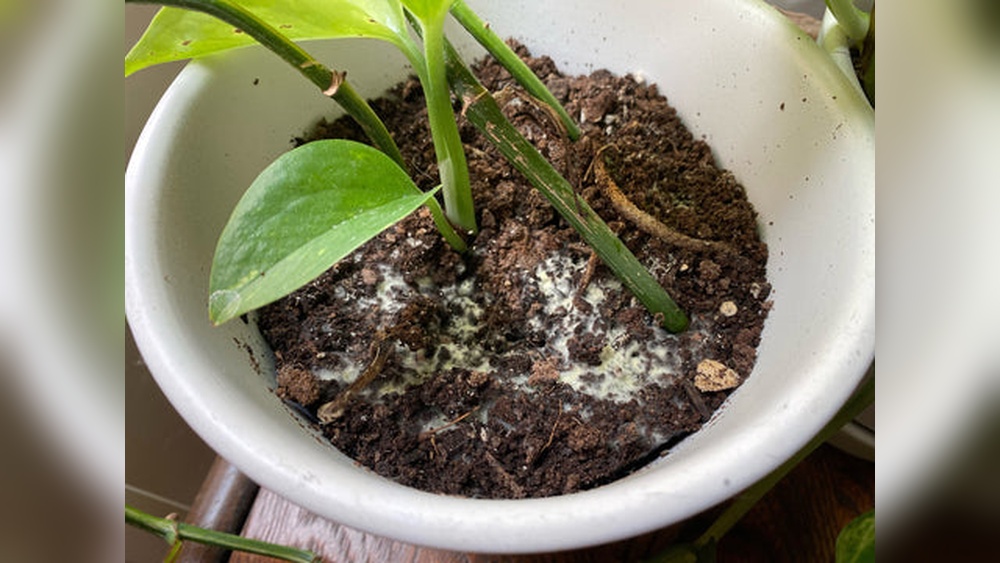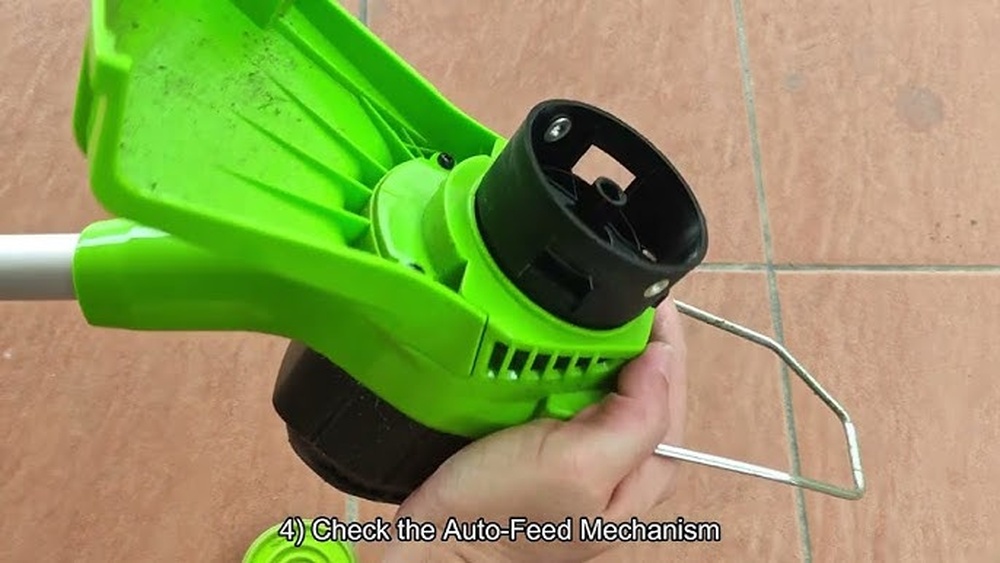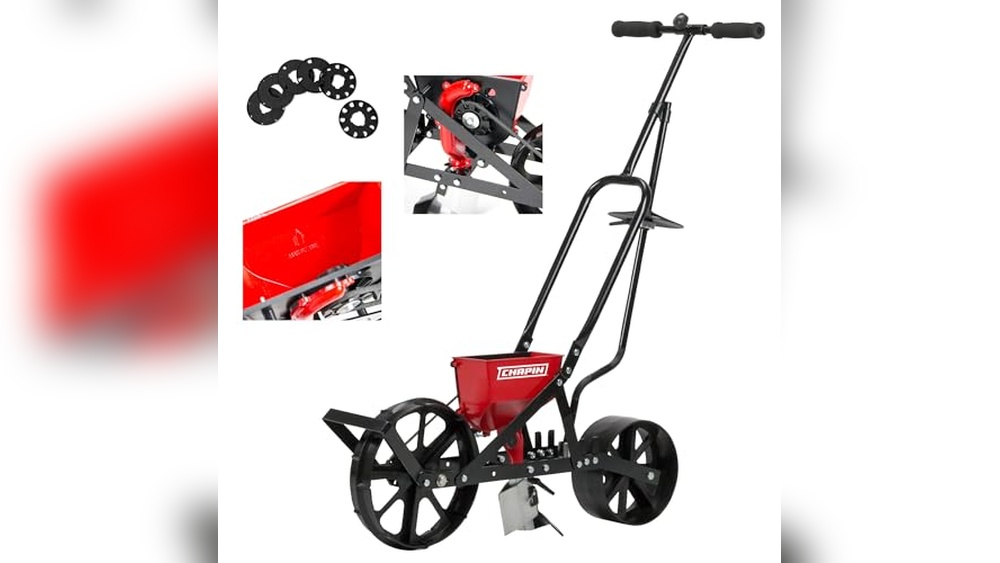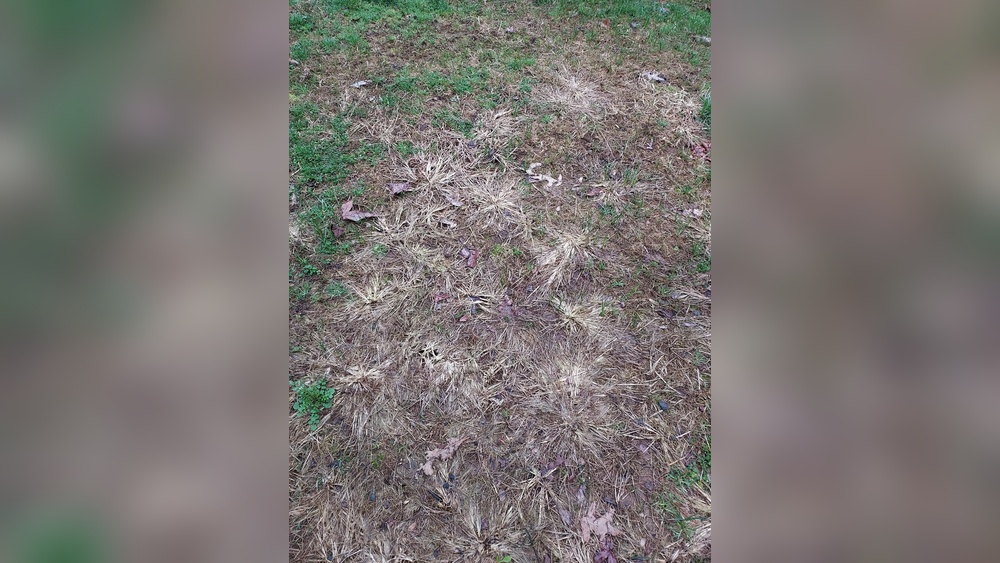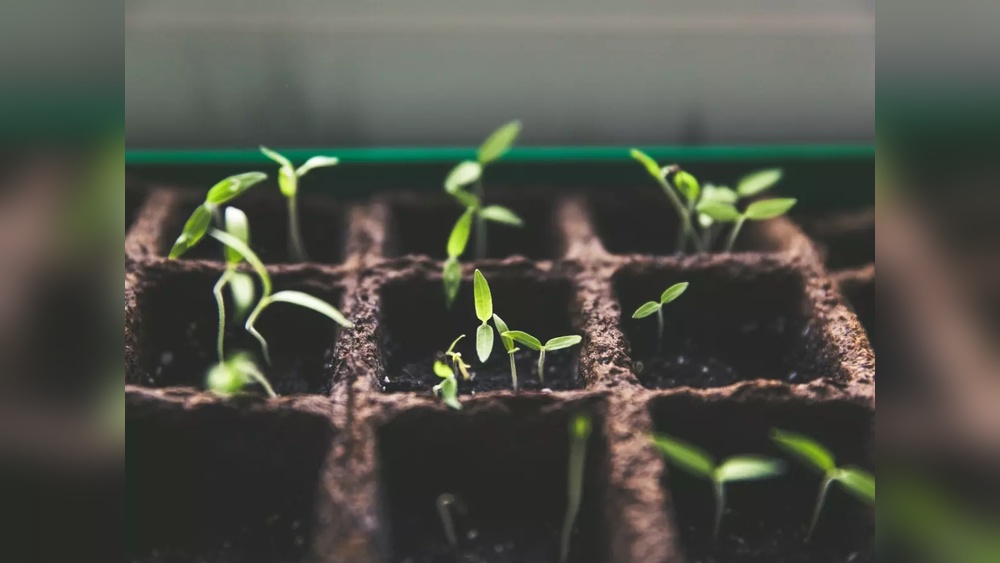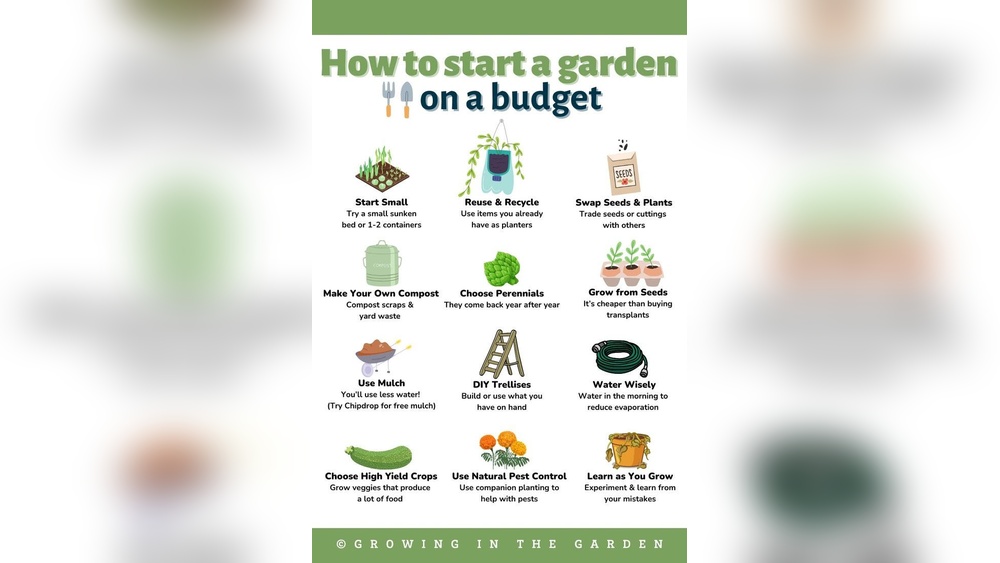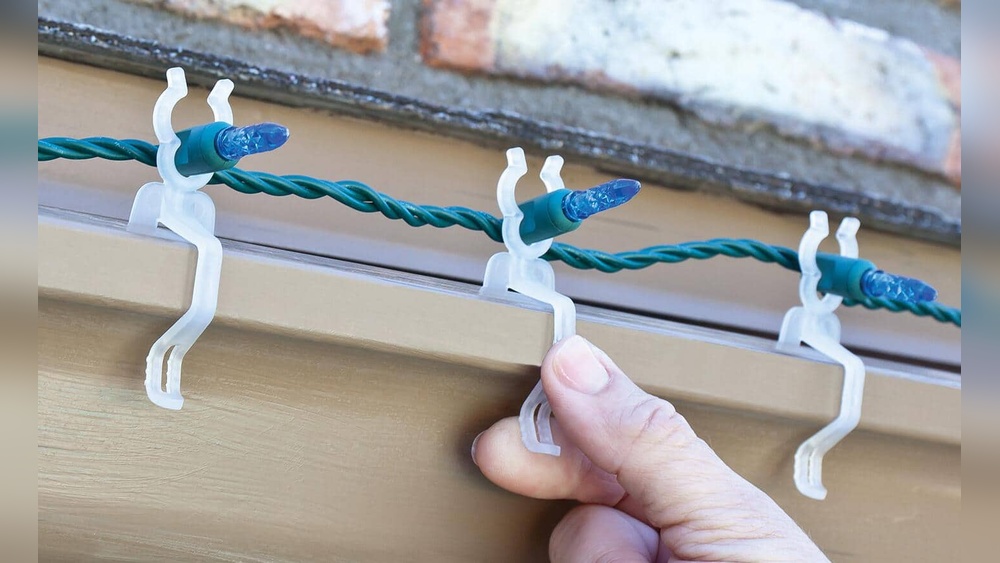How Often To Fertilize Vegetable Garden: Ultimate Guide for Best Growth
You want your vegetable garden to flourish and produce vibrant, healthy crops. But how often should you fertilize to get the best results without overdoing it? Finding the right balance can feel tricky, especially if you’re new to gardening or want to improve your current routine. You’ll discover simple, practical guidelines that will help you … Read more

